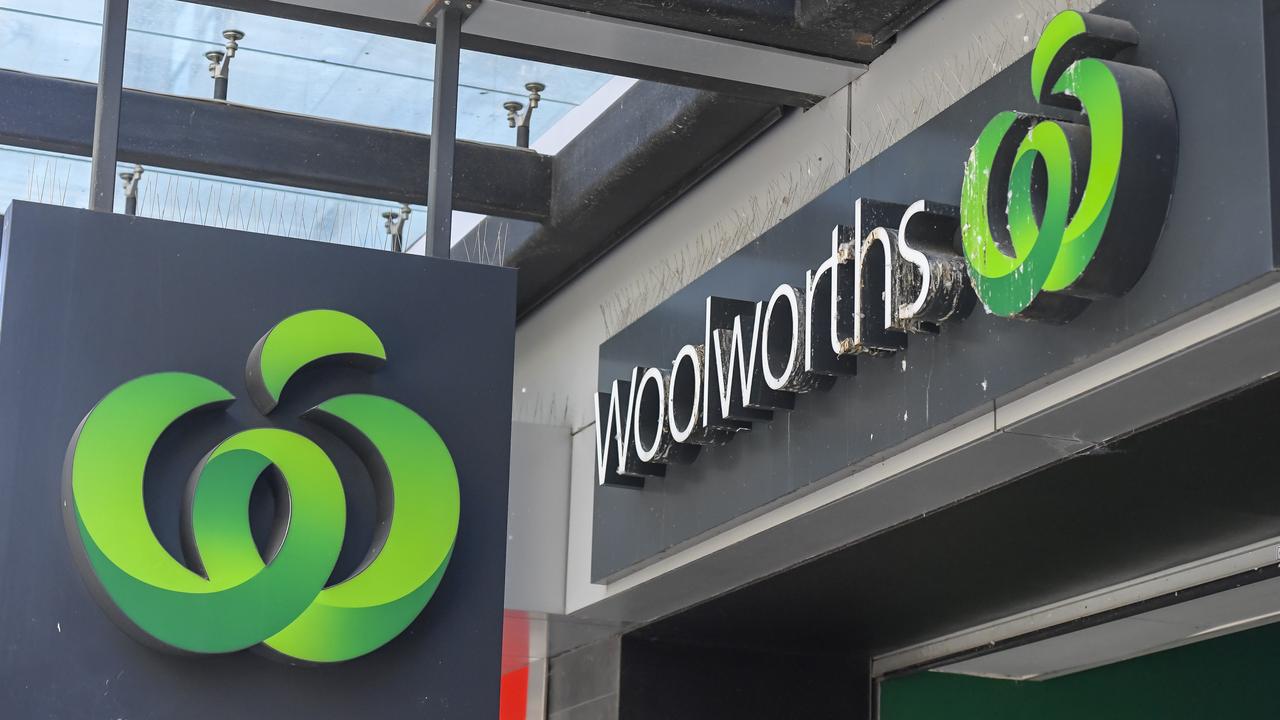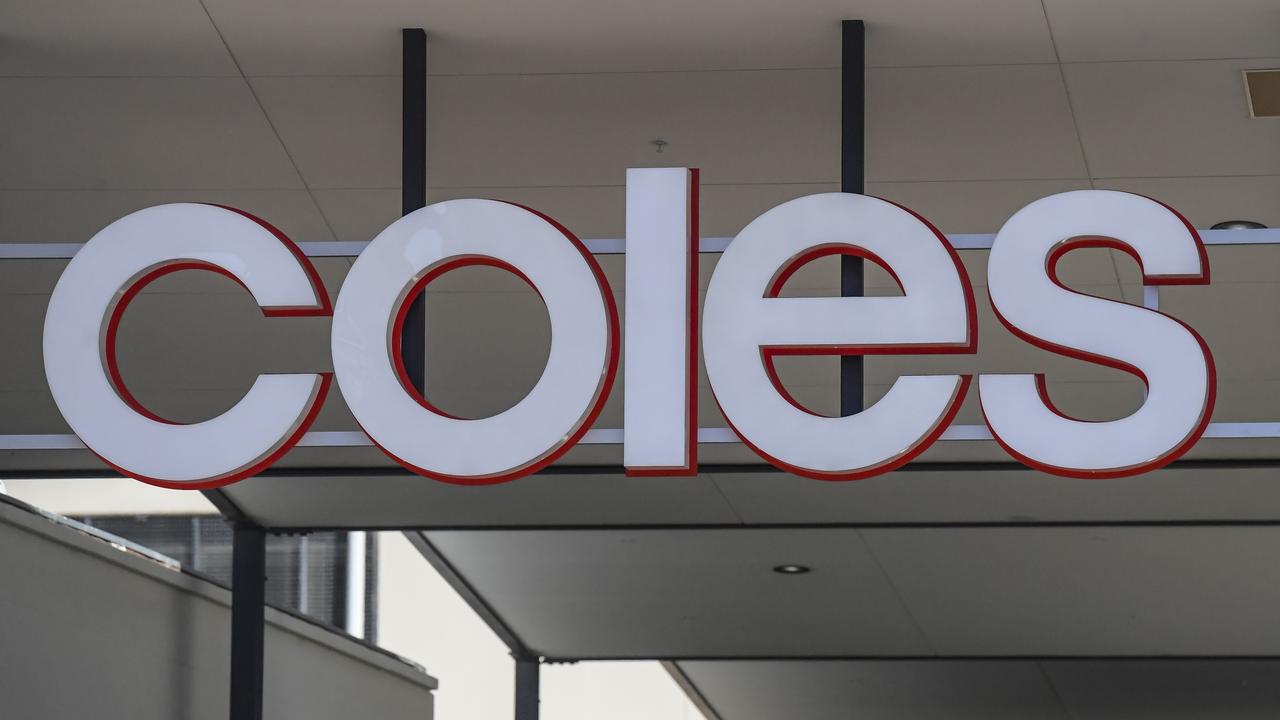One group of Aussies are “undermining” efforts to ease inflation and some of the nation’s most vulnerable are paying the price.
Ordinary households and some of Australia’s most vulnerable people are paying a devastating cost for the Reserve Bank’s rate hike-driven war against inflation, despite contributing very little to it.
That’s the assessment of experts who say cash-rich baby boomers and price-gouging corporations are the biggest culprits of inflation, but the least affected by efforts to contain it.
In a television appearance from several weeks ago that’s going viral again now, ABC financial journalist Alan Kohler explained who’s doing “the hard work” and who’s “undermining the effort”.

Some experts believe cash-rich and spend-happy baby boomers are undermining the war on inflation.
“Some interesting results from CBA’s results presentation,” Kohler begins. “They all highlight the great divide between generations.”
Kohler presents a range of data points, including loan and deposit balances, which show Millennials have most of the debt and “baby boomers have most of the savings”, while young people are eating into “what savings they have” – all while boomers grow their nest eggs.
“And Gen Z and millennials are cutting back their spending and therefore doing all the hard work, helping the Reserve Bank get inflation down, but baby boomers are spending more and undermining that effort.
“So, sorry about that, kids.”
The simple analysis has resonated with young people on social media, with youth activist group Gen United sharing it as proof of “the reality of intergenerational inequality in Australia”.
Kos Samaras, director of research firm RedBridge Australia, had a similar view when discussing the significant impact of rapid rate rises on households in financial stress.
Millions of Australians are now in negative cash flow, Mr Samaras revealed, paying more than they earn and “unable to meet repayments for mortgage and utilities via their incomes alone”.
“It’s a train wreck,” Mr Samaras said. “These households are not driving inflation. It’s people like myself and much older. Spending from 50+ is up, savings are up and higher interest rates equal higher earned interest on savings. It’s also super profits and other international drivers.”
PropTrack economist Angus Moore cautioned against simple generalisations and noted that “inflation is never driven by a single thing or a single group”.
“For the sake of simplifying it, the reason we’re seeing high inflation is down to two things,” Mr Moore explained.
“One is supply led inflation, which is things like petrol and energy prices, disrupted supply chains driving up import costs, growth in construction costs, and so on.
“More recently in the past 18 months, we’ve seen the second cause emerge, which is demand-led inflation. Basically, the economy is broadly doing very well. Unemployment is the lowest it’s been in five decades. That’s helped to give people more money, which has supported spending – or demand-led inflation.”
Big business also to ‘blame’
Think tank The Australia Institute believes another major driver of the red-hot inflation the RBA is trying to battle is corporate profiteering.
It points to research by the OECD, which looked at 15 countries across the world – ours – as part of its latest Economic Outlook and concluded that hefty corporate profits have been a significant factor.
“Finally, the Reserve Bank has acknowledged the role of corporate price hikes in inflation,” Greg Jericho, policy director at the Australia Institute’s Centre for Future Work, said at the time.
“Perhaps now the RBA will be inclined to stop punishing everyday Australians and blaming their modest, below-inflation wage rises.”
The Australian Council of Trade Unions believes major corporations are using inflation as a shield to hike prices and boost their bottom lines.
“Whilst big business pop Champagne corks celebrating eye watering profits Australian workers are still doing it tough,” ACTU assistant secretary Liam O’Brien said.
“Electricity, rents, fuel, and even our most basic staples such as bread and butter cost significantly more than they did a year ago. These are essentials, not luxuries, there’s no more give in the system. It’s not demand that’s driving these increases, its mega profits.
“This is profit-driven inflation, plain and simple.”
Big business is living large
While millions of Australians struggle to cope with the cost of everyday essentials, the big businesses providing them are raking in record profits.

Big business is raking in record profits while ordinary Aussies struggling to put food on the table. Picture: NCA NewsWire / Roy VanDerVegt
In the month of September, electricity prices rose 4.2 per cent and were 14.5 per cent steeper than a year prior, reflecting higher wholesale costs being passed on to consumers.
Origin Energy is one of the country’s largest suppliers of electricity and saw a staggering 83.5 per cent increase in profits in the 2022-23 financial year, bagging more than $1 billion in net income.
Joseph Mitchell, assistant secretary of the ACTU, said many people are “going without heating, hot water or sacrificing lighting their homes at night” to make ends meet.
“Customers will rightly wonder how these big energy companies can justify such large profits, especially as Origin reports that it is due partly to the cost of purchasing energy for them has fallen, and they have failed to promptly pass on those savings to consumers,” Mr Mitchell pointed out.
The latest CPI data shows steep rises in the cost of grocery essentials in September compared to a year earlier, with bread prices up 12.6 per cent, eggs 7.9 per cent more expensive, and dairy products 10.2 per cent higher.
Woolworths reported a mammoth profit for the last financial year of $1.62 billion, while Coles raked in $1.1 billion after tax. Margins at both supermarket giants are well above pre-Covid levels.

Analysis indicates millions of people are now living in the red – spending more than they earn.
Mr Mitchell said it’s little wonder the big supermarkets were the most complained about businesses in an inquiry about price gouging.
“The public have been told that supply chain issues and inflation are to blame for the cost-of-living crisis. But when you see the profits like those posted, it is legitimate to ask whether Australia’s big supermarkets have used the cost-of-living crisis as a smokescreen to push up their profit margins, despite costs decreasing for themselves.”
Australia’s biggest insurer IAG, which owns NRMA and CGU among others, posted a net profit of $832 million in 2022-23, which skyrocketed 140 per cent on the year prior.
“Insurance is an essential,” Mr Mitchell said.
“To protect our homes and to get to work we all have to pay those premiums. It’s beyond the pale to expect hard working Australians to continue cop increases to life’s essentials just to have big business creaming from the top.”

Big business is laughing all the way to the bank. Picture: NCA NewsWire / Roy VanDerVegt
Petrol prices have surged by as much as 30 per cent in some areas over the past year.
According to FuelPrice Australia, the average cost of unleaded today is $2.14 in Sydney, $2.01 in Melbourne, $1.99 in Adelaide, $1.85 in Brisbane, and $2.13 in Perth.
Production cuts by Saudi Arabia and Russia have pushed up the cost of crude oil in recent times, although the largest providers of fuel here continue to rake in billion sin profit.
Australia Institute’s Centre for Future Work is demanding price regulations across strategic sectors such as energy, housing, and transport, as well as competition policy reform to restrain exploitative pricing practices.
“The evidence couldn’t be any clearer – enormous corporate profits fuelled the inflationary crisis and remain too high for workers to claw back wage losses,” the centre’s director Dr Jim Stanford said.
“The usual suspects in the business community want to blame labour costs for inflation.
“That claim simply doesn’t stack up under the weight of international and domestic evidence that shows corporate profits still account for the clear majority of excess inflation, despite inflation moderating from its peak last year.”
Mr Moore said the argument that corporate profits are largely to blame for inflation is too black-and-white.
“The fact the economy is very hot is part of why we’re seeing strong results of businesses like retailers,” he said.
“It’s not necessarily the major cause of inflation, but rather a symptom of the same underlying drivers.”



Leave a Reply